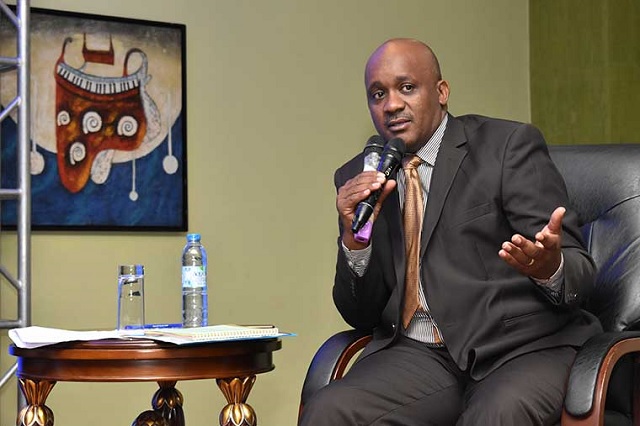
Kampala, Uganda | THE INDEPENDENT | The management of disasters should not be left in the Office of the Prime Minister but should tangibly be implemented through districts and other government agencies and departments, according to Civil Society Budget Advocacy Group, Executive Director, Julius Mukunda.
Mukunda was speaking at a recently held meeting in Kampala discussing the effective operationalization of the National Disaster Response Contingency Plan in which Members of Parliament, Civil Society Organsiations and the academia attended.
Mukunda also urged respective actors to ensure there is availability of disaster related data to inform the budgeting and management processes of disasters in the country.
“District contingency plans should be operationalized; they should not remain on paper,” he said, “also the money allocated for disasters should be well utilised and accounted for to achieve value for money.
Jane Ocaya from Oxfam Uganda said, the other area to watch is the increase in number of refugees in Uganda which is posing a threat to the country’s environment especially in the host districts.
The Chief of Mission for International Organisation for Migration for Uganda Tejan Savage said, implementation of disaster policies and programmes is key given that no country in the world is currently spared from the extreme weather events that result into environmental hazards.
He said, floods, drought, landslides are causing displacement of people and negatively affecting their wellbeing which is why government needs to pay attention to them.
One key disaster management entity, Uganda Red Cross Society has recently, through its Secretary General, Robert Kwesiga, urged the government to increase its funding to enable it fund its annual budget, but also deal with the ever disasters that hit the country.
He was speaking at a half day event organized by Uganda Red Cross Society, attended by selected Members of Parliament connected to the disaster committee in Kampala in October this year.
URCS’s annual budget, according to Kwesiga is Shs100bn, and that for the last two years, it has operated at 70-80% of the annual budget – meaning 20-30% of the funds have not been coming through. It gets funding from government of Uganda and other sources internationally.
URCS works closely with government entities to manage disasters and its effects in all regions of the country.
 The Independent Uganda: You get the Truth we Pay the Price
The Independent Uganda: You get the Truth we Pay the Price


